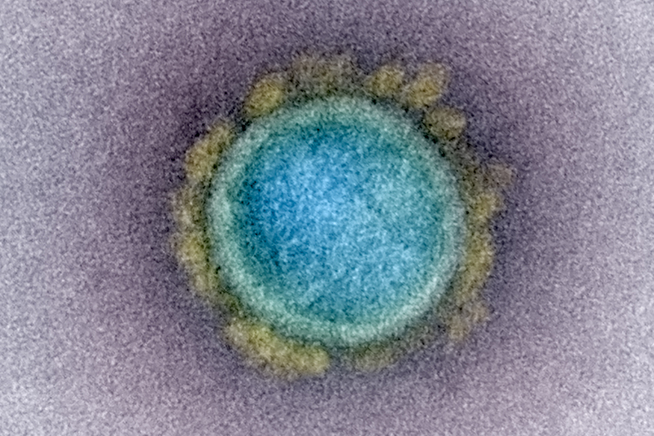
From the Institute for Systems Biology
Seattle’s Institute for Systems Biology (ISB) and Swedish Medical Center launched a study to follow hundreds of patients who contract COVID-19 to learn why those infected have drastically different outcomes — why some die, some recover, and some are asymptomatic.
The study team collects blood from consenting patients at three different time points, starting at the point of diagnosis. The researchers are collecting large data sets that include the patients’ genomes, their evolving blood proteome and metabolome, plus detailed single cell analytics of many distinct immune cell populations.
The goals of the study are two-fold.
First, the data will provide insights into how COVID-19 evolves in patients, and how that correlates with the full spectrum of infection severities. These insights will be mined so that those patients most in need of serious medical treatments can be identified at the early stages of infection, while other patients can be directed to convalesce at home. Second, the deep analysis of immune cell populations can provide insights into which therapies currently being tested in COVID-19 patient trials are the most effective. Those insights may also provide guidance for improving the design of emerging therapy concepts that are currently under development in various labs around the world.
About 25 ISB scientists are working on this study. The project involves collaborations with many other health workers within Providence St. Joseph Health and the Swedish Medical System. Other collaborators on the study are from Stanford University, as well as corporate partners from IsoPlexis, Adaptive Biotechnologies, 10x, Metabolon, and others.
The overwhelming sentiment from across this scientific consortium is to make the data rapidly and freely available to the worldwide scientific and biomedical community engaged in the struggle against SARS-COV-2.
Initial funding support for the study came from the MJ Murdock Charitable Trust and the Wilke Family Foundation, which is run by Amazon co-CEO Jeff Wilke and his wife, Liesl.


